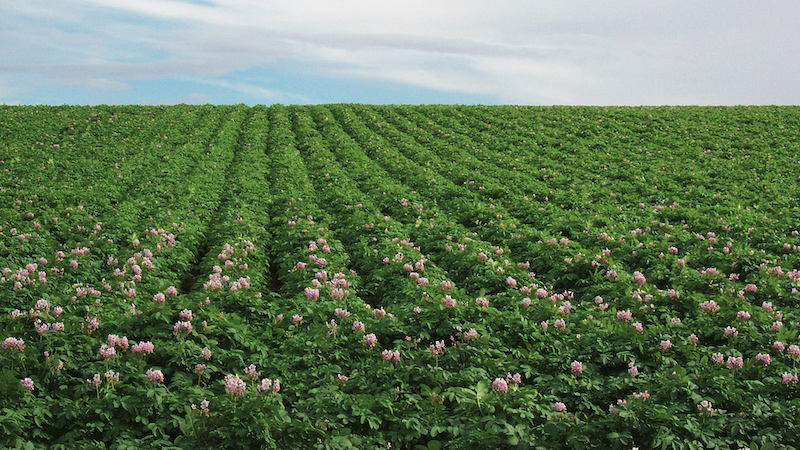PNW Fruit Growers Speak Out About Lasting Effects of Historic Heat Wave
The October issue of American Fruit Grower® magazine included a cover story on the June Pacific Northwest heat wave and its devastating effect on Oregon berry growers. Some of the best quotes — representing different crops and states seeing the effects of heat stress — wound up on the cutting room floor.
The most interesting include:
“Cherry trees do not do well in excessive heat. Although I applied a magnesium foliar spray pre-harvest, the trees lost more leaves than usual post-harvest.” — Bob Purvis, Purvis Orchard, Homedale, ID
“We believe, based on our existing crop estimation program, that we lost over 4 million boxes of (cherries) to heat stress. We will finish up at over 20 million 20-pound equivalent boxes shipped, but there are many orchards that went unpicked as a result of the heat.” — B.J. Thurlby, President, Washington State Fruit Commission, NW Cherry Growers
“One plus with the original heat wave was that it did sterilize SWD (spotted wing drosophila) adults (in theory) for a time until about our third week of picking, and it then stayed cool and cloudy a few weeks before getting hot again. The cooling allowed SWD to establish again.” — Glenn Piekstra, Meadowglenn Farms, Vancouver, WA
“Our overall yield so far this year isn’t too bad. We are at 82% of the 2020 total right now. I’d estimate we’ll get 90% of the 2020 level.” — Jeff Madsen, Blue Dot Farm, Enumclaw, WA
“The newly released smoke rules are confusing because they use two numbers and ‘suggest’ vague mitigations, such as changing work sites, that may or may not be possible.” — Tom Auvil, Bandit Orchards, Orondo, WA
“As far as (the heat) affecting our picking crew, most come from central Washington, and they didn’t really think 90 degrees was that hot. They said Washington had 110 degrees!” — Barbara Hammons, Flathead Lake Cherry Growers, Bigfork, MT
“Because I have access to a good supply of water, the heat is giving me one of the best crops I’ve ever had in fruit and berries.” — Kerry Yates, Yates Farms, Great Falls, MT
“On the side, I’m doing some breeding with wine grapes to see if I can develop some material more suited to a challenged future. If climate change changes the rules, I’m working with grapes that have been there before, American native species. If I’m wrong, that’s OK. I’m enjoying what I’m doing in my ‘golden years.’” — Bill Shoemaker, retired fruit and vegetable horticulturist, University of Illinois
“See the adjuster and pray next year is better, safer, and we can pay our input.” — Marguerite Gysler, Gysler Inc., Wolf Point, MT










